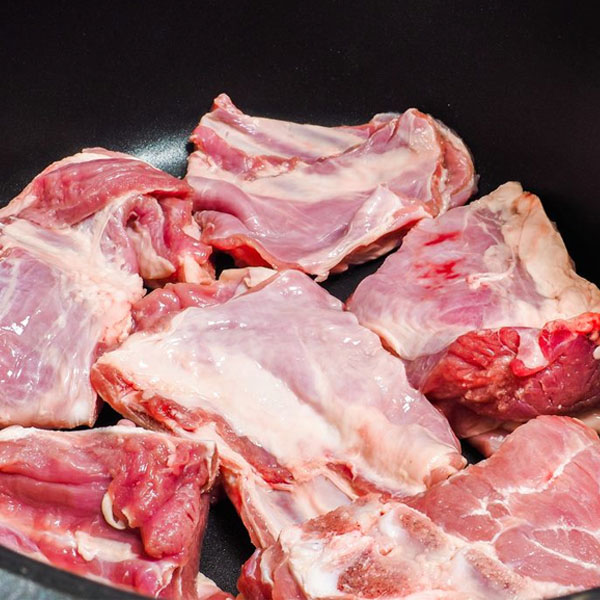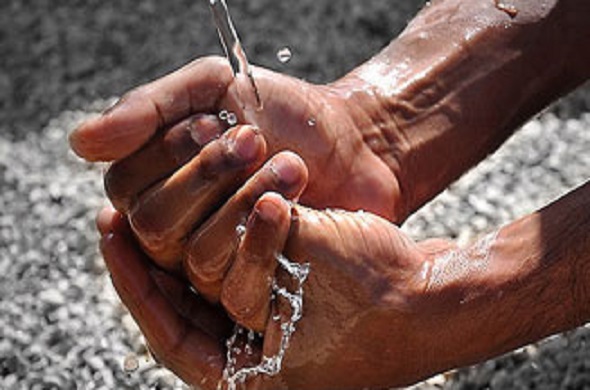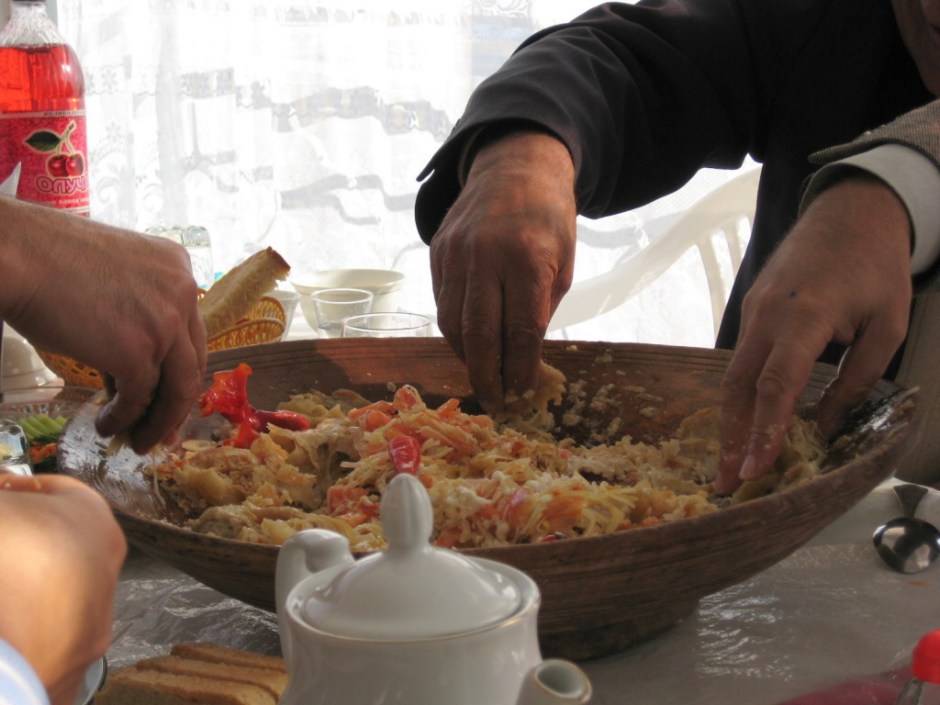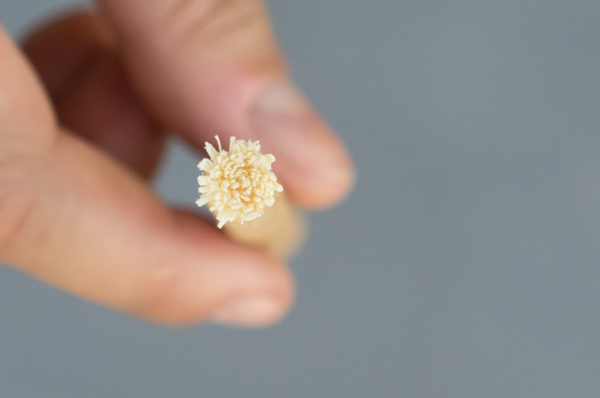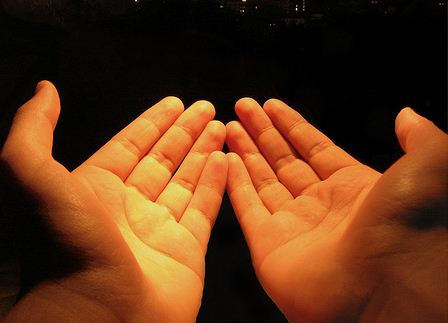QUESTION:
What do the scholars of the Dīn and muftīs of the Sacred Law state regarding the following issue: swimming pools here in England used by both Muslims and non-Muslims. Non-Muslims do not pay concern to issues of legal purity and impurity so will their swimming in such pools cause the water to become impure? If so what of our swimming in such pools?
Questioner: Saleem from UK
ANSWER:
بسم اللہ الرحمن الرحیم
الجواب بعون الملک الوھاب اللھم ھدایۃ الحق والصواب
The swimming of a non-Muslim in a swimming pool will not make its water impure. On the contrary the water will remain on its original purity because establishing impurity (najasah) requires a definite evidence. A non-Muslim being impure and swimming in a state of impurity and filth and the detaching of filth and its entering the pool are doubts and suspicions and unlawfulness and impurity are incidental and the proof for forbiddance and impurity cannot be established by mere doubt.
Just as Sayyidī A’la Hazrat al-Imām Ahmad Ridā Khān (may Allāh cover him with mercy) mentions that in the pristine Shar’īah purity and permissibility are the original rule and their proof is self-evident in that they are not in need any evidence for their establishment. Unlawfulness and impurity are incidental and a specific evidence is required to prove them. Establishing them by mere doubts and conjectures is not possible. This stipulated juristic principle is established from Prophetic Ahādīth, clear evident statements both from the Hanafīs and Shāf’īs and other than them and leading jurists generally so much so that opposition to it is not apparent from any ālim.
[al-Fatāwā al-Ridwiyyah Vol 4 Pg 476 – summarised]
If we were to contemplate on how much doubt and uncertainty there is in those foods and sweet-meals which are prepared by disbelievers and Hindus. We are well acquainted with their carelessness and we also know that none of their products are free from dung and impurities, furthermore, we are aware that they consider the dung and urine of cows and buffalos to be pure and clean, even extremely blessed and honoured. Even so, the scholars deem the consumption of their products and sweet foods permissible, not impure and harām; if you look in Fatāwā Ridawiyyah, you will find examples of such.
Thus, it is stated in Radd al-Muhtār, with reference to Tātarkhāniya:
“Those things which the polytheists or ignorant Muslims make, for example, ghee, bread, food and clothes, etc. are pure.”
[Radd al-Muhtār, vol 1, pg 111]
It is the practice of the noble scholars that they issue the verdict of purity and lawfulness [of a thing] even based upon the slightest possibility [of purity]. Whereas, they do not give the ruling of impurity based on slight possibility, even great possibility, then how can the ruling of unlawfulness be given based upon mere assumptions.
Consider a cow, goat or similar animal, if they were to fall into a well and come back out alive, we would certainly consider that well to be pure, even though nobody can say with certainty that it’s thighs are free from urine splashes, however, the scholars state that there is a possibility that it could have entered a large body of water prior to falling into the water [of that well], therefore its body would have been washed and become clean. Hence, if there is a possibility of purity, the verdict of impurity will not be given. Just as it is stated in Radd al-Muhtār:
“It is mentioned in al-Bahr, we have attached it with knowledge (certainty) because they have said that if a cow or its like was to come out alive (from a well), it is not necessary that anything be taken out, even if it is apparent that there is [usually] urine upon its thighs, however, there is a possibility that the impurity was washed away after it entered into a large body of water, thus becoming pure, in addition to purity being the default [state], and something similar is stated in Fath al-Qadīr.”
[Radd al-Muhtār, vol 1, pg 142]
Secondly even if there is certainty of impurity from the disbeliever the swimming pool will still not become impure because it is 10 cubits by 10 cubits or greater and the volume of water in it will be large and a large body of water does not become impure by impurity falling into it until the sign of that impurity, i.e. colour, smell or taste does not become apparent in it.
Concerning large bodies of water the Prophet ﷺ mentioned in hadīth:
“Indeed [a large body of] water is pure except if it’s smell, taste or colour is changed by the occurrence of an impurity in it.”
[al-Sunan al-Kubrā, hadīth 1273]
It is stated in al-Durr al-Mukhtār:
“(Similarly) it is permissible to perform Wudū (with a stagnant) large body of water (likewise) i.e. that into which impurity has fallen into it but no sign of it is evident and the fatwā is upon that.”
[al-Durr al-Mukhtār and Radd al-Muhtār, vol 1, pg 187]
When the water is not made impure by a disbeliever swimming in it then your swimming in pure water is also permissible and correct but there are many inappropriate scenes for one’s eyes in such places so it is necessary to avoid such places.
واللہ تعالی اعلم ورسولہ اعلم صلی اللہ علیہ وآلہ وسلم
کتبہ ابو الحسن محمد قاسم ضیاء قادری
Answered by Mufti Qasim Zia al-Qadri
Translated by Ustadh Ibrar Shafi
Read the original Urdu answer here: [Q-ID0760] There are many unclean people who use the swimming pools in the UK, can we swim in such pools?
















